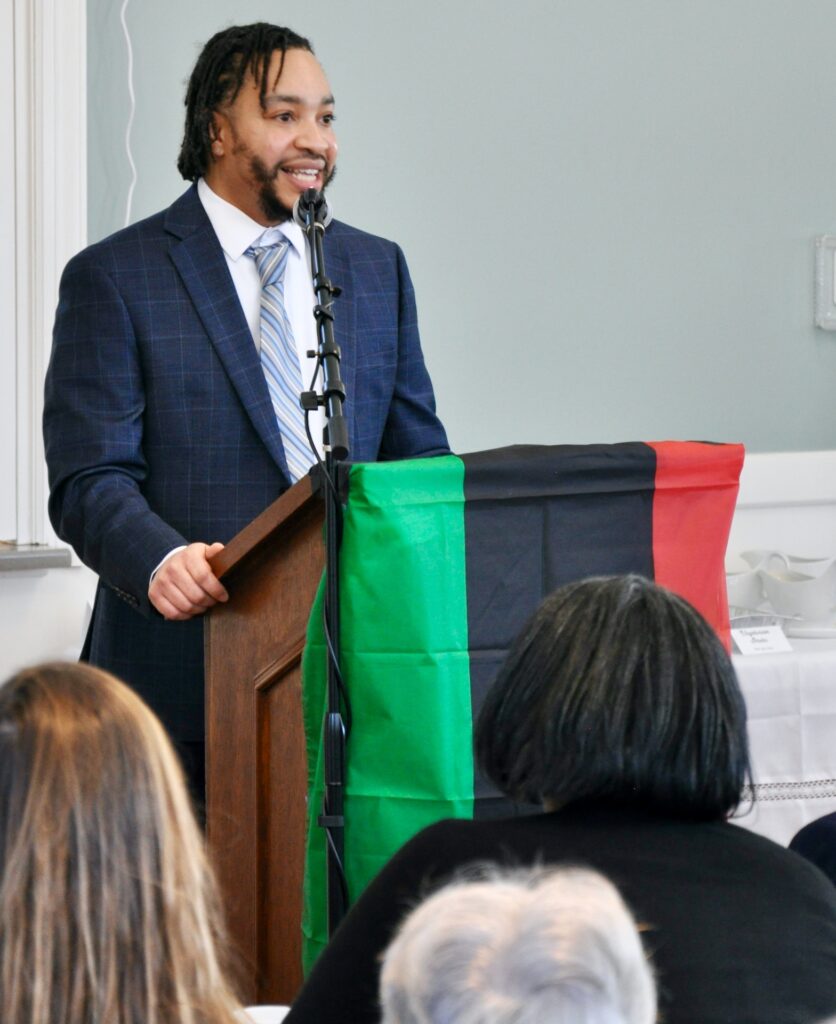Another story for liberal religious kids. This story comes from the Babylonian Talmud, Tractate Sabbath 31a.
A man came to talk with Rabbi Shamai, one of the most famous of all the rabbis, nearly as famous as Rabbi Hillel.
“I would like to convert to Judaism and become a Jew,” said the man. “But I don’t have much time. I know I have to learn the entire book you call the Torah, but you must teach it to me while I stand on one foot.”
The Torah is the most important Jewish book there is.How disrespectful that this man wanted to learn it while standing on one foot. Why, people spent their entire lives learning the Torah. It was not something you can learn in five minutes! Rabbi Shamai grew impatient. He pushed the man away using a builder’s yardstick he was holding in his hand.
The man hurried away, and found Rabbi Hillel. “I would like to convert to Judaism and become a Jew,” said the man. “But I don’t have much time. I know I have to learn the entire book you call the Torah, but you must teach it to me while I stand on one foot.”
“Certainly,” said Rabbi Hille, who was a very patient man. “Stand on one foot.”
The man balanced on one foot.
“Repeat after me,” said Rabbi Hillel. “What is hateful to you, don’t do that to someone else.”
The man repeated after Rabbi Hillel, “What is hateful to me, I won’t do that to someone else.”
“That is the entire Torah, the whole law,” said Rabbi Hillel.
The man nodded.
Rabbi Hillel continued, “Everything else is there to explain this simple law. Now, go study.” And because of Rabbi Hillel’s patience with him, the man spent the rest of his life studying the Torah.




